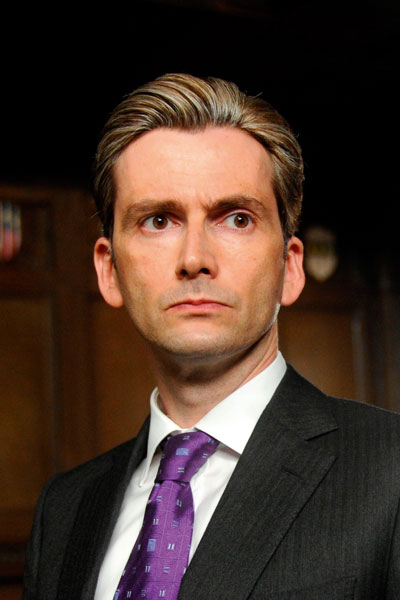There are two American Dreams — the one that happens in real life and is experienced by people such as Barack Obama, and the one that happens on screens, both silver and small, shared by millions across the world.
BBC2’s The United States of Television: America in Primetime (Saturday) traces the history of the latter, focusing on the TV series shown during those magical hours when Americans sit down to dinner after a hard day’s work chasing the former. Only the fittest, finest programmes survive in this slot, where Nielsen ratings mercilessly track the tastes of 300 million people as they chow down and chill out.
For this four-part series, BBC2 has netted a host of big-name interviewees such as the actor Ron Howard (the young Opie in The Andy Griffith Show) and directors David Lynch (Twin Peaks), David Chase (The Sopranos), John Hamm (Mad Men) and James L. Brooks (The Simpsons). This actually creates a problem. The series feels like a Who’s Who of the American TV world, a compendium of shows and names, rather than a proper analysis of its subject.
The stars and directors form a kind of Hollywood huddle, heaping mostly praise on themselves and each other. The BBC presenter Alan Yentob has only a few sentences to say in each episode, so quickly does he have to make room for the likes of Alan Alda of MASH fame, or Gillian Anderson reliving her X-Files zenith. Each episode in the series has a character-based theme, such as ‘The Crusader’ (the heroes and anti-heroes of NYPD Blue, House, etc.) and ‘The Misfit’ (George of Seinfeld, the whole cast of Glee). This adds to its encyclopedic, catalogue-y feel.
At the end of each hour-long episode, the stars and directors usually come to the resounding conclusion that TV shows these days have a harder, more violent edge than those of yesteryear.








Comments
Join the debate for just £1 a month
Be part of the conversation with other Spectator readers by getting your first three months for £3.
UNLOCK ACCESS Just £1 a monthAlready a subscriber? Log in